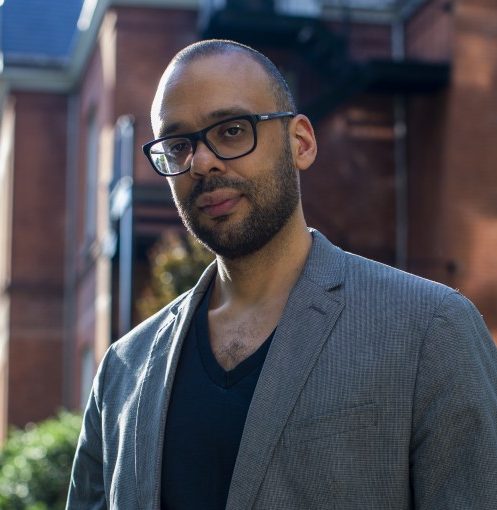
Musa al-Gharbi
Musa al-Gharbi is a sociologist and assistant professor in the School of Communication and Journalism at Stony Brook University. His early work analyzed the efficacy of various national security and counterterrorism initiatives with respect to their stated goals — and highlighted how many of these initiatives violate civil liberties, civil rights and international rules and norms. He has explored how Arabs and Muslims are depicted in mainstream media, and how these depictions are related to perceived risk of terrorism and support for controversial policies. His research has documented how partisans across the political spectrum have radically different responses to ‘extremism’ and domestic terrorist incidents depending on the demographics and apparent goals of the actors in question, and sketched out some of the adverse consequences of these tendencies.
More recently, al-Gharbi has engaged the available data on violence by and against police, demonstrating that policing is far less dangerous than most seem to assume, and police violence seems to be radically out of step with the threat cops actually face from the public. Moreover, police abuses are far more severe and pervasive than one might assume from conversations narrowly focused on police shootings or crimes against African Americans in particular. Yet up to now it has been extremely difficult to hold police accountable for wrongdoing for a complex set of reasons explored in his work – instead law enforcement officers who defy or attempt to expose abuses of power and public trust are often themselves subjected to formal and informal sanction. Al-Gharbi has also explored disparities in the criminal justice system post-arrest, and the perverse consequences of post-release punitive measures.
However, al-Gharbi is also sensitive to gaps in professed beliefs among professional-managerial class elites as compared to the people they ostensibly seek to represent and empower – including with respect to policing, crime, immigration and inequality. He has chronicled the negative consequences that typically emerge when well-intentioned ideologues and technocrats presume to know what is best for ‘others’ rather than empirically investigating and deferring to the preferences and priorities of those who will most acutely bear the consequences of various interventions. His work has also documented and analyzed shifts in media discourse, public attitudes, and voting patterns relative to the perceived prevalence or severity of bias and discrimination in the contemporary United States.
Al-Gharbi’s first book, We Have Never Been Woke: Social Justice Discourse, Inequality and the Rise of a New Elite, is under contract with Princeton University Press. Readers can connect to his research, analyses and social media via his website: musaalgharbi.com
